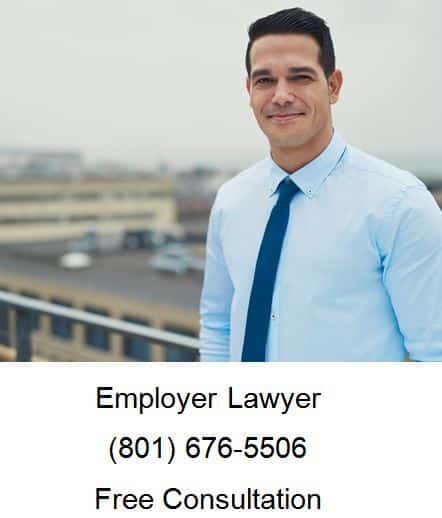
Internships provide recent college graduates and those transitioning to new careers with the opportunity for real-life job training and can even lead to full-time jobs. College students, meanwhile, often receive class credit for internships. Employers can use internship programs to scout out new talent and get temporary help without committing to permanent new hires. But business owners who view interns as free labor or potential hires need to know that federal labor laws require payment in most circumstances. That’s not to say employers can never have unpaid interns; they’re just not very common, at least legally. State laws may also apply, but the Fair Labor Standards Act (FLSA) governs how interns must be compensated under federal law.
Here is the Six-Part Test for Unpaid Internships
The vast majority of interns working at for-profit organizations must be paid at least the minimum wage and any applicable overtime. Technically, paid interns are temporary employees and treated virtually the same as regular employees with respect to labor law. But you may legally hire an unpaid intern if the following six criteria are met:
- The internship, even though it includes actual operation of the facilities of the employer, is similar to training which would be given in an educational environment.
- The experience is for the benefit of the intern.
- The intern does not displace regular employees but works under close supervision of existing staff.
- The employer providing the training derives no immediate advantage from the activities of the intern and on occasion its operations may actually be impeded.
- There is no guarantee of a job at the conclusion of the internship.
- Both parties understand that the intern is not entitled to wages for the internship.
Common Factors to Consider for Internship Programs
- Similar to an Educational Environment – An internship is more likely to be viewed as a training program as opposed to actual employment if it is structured around a classroom experience and if the intern is provided with skills that can be applied to other employment settings. A rule of thumb is that an unpaid intern does not regularly perform the company’s routine work, nor is the business dependent upon that individual’s work product.
- Displacement and Supervision – Interns used as substitutes for regular workers or to provide a needed boost in personnel must be paid at least minimum wage and any overtime. But if the intern is receiving job shadowing opportunities without performing more than a minimum of work, the relationship is more likely to be viewed as an unpaid internship.
- Job Entitlement – Employers should establish the duration of the internship from the beginning and avoid making any promises of a permanent position or calling it a “trial period.”
Student-Learners
Employers who register with the U.S. Department of Labor may pay individuals who are at least 16 years of age 75 percent of the applicable minimum wage. These so-called “student-learners” also must be receiving instruction in an accredited school, college or university and work on a part-time basis. If you would like to apply for authorization to employ a student-learner at below the minimum wage, you must fill out and submit a form to the Wage and Hour Division of the U.S. Department of Labor (PDF).
Business Lawyer Free Consultation
When you need legal help regarding an unpaid internship, please call Ascent Law for your free consultation (801) 676-5506. We want to help you.
8833 S. Redwood Road, Suite C
West Jordan, Utah
84088 United States
Telephone: (801) 676-5506
Recent Posts
Car Accident Free Consultation
Getting Money From Family to Start a Business


